Description
Vitamin C It helps form red blood cells and provides antioxidant protection against free radicals. Furthermore, it supports collagen production to benefit skin, teeth, and bone health.*
Magnesium has been used in a number of different medical applications to relax muscles. For example, magnesium on its own and in combination with malic acid may improve the muscle pain of patients with fibromyalgia.(ii) Magnesium’s role in controlling muscle tone may help prevent menstrual cramps as well.(iii)
Calcium deficiency may occur from insufficient dietary intake of vitamin D deficiency. Lack of this important nutrient can lead to muscle spasms, especially nocturnal leg cramps. While hypercalcemia (abnormally high levels of calcium in the blood) can cause leg cramps, hypocalcemia is a much more common cause of cramps.(iv) Calcium ions are relaxant to skeletal muscle and are reduced by phosphates (such as those found in commercial soda). Pregnancy, lactation, and menopause are times when additional calcium fortification is especially important. Other populations that may need additional focus on calcium intake either via diet or nutritional supplementation include vegans and those with malabsorption diseases (Celiac, Crohn’s disease, ulcerative colitis, SIBO, etc.).
Gamma aminobutyric acid (GABA) is a naturally occurring amino acid that works as a neurotransmitter in your brain. Neurotransmitters function as chemical messengers. GABA is considered an inhibitory neurotransmitter because it blocks, or inhibits, certain brain signals and decreases activity in your nervous system. When GABA attaches to a protein in your brain known as a GABA receptor, it produces a calming effect. This can help with feelings of anxiety, stress, and fear. It may also help to prevent seizures. As a result of these properties, GABA has also become a popular supplement in recent years. This is partly because it isn’t available from many food sources.
Chamomile flower has a long history of use by herbalists for reducing spasms, particularly those of smooth muscle, such as in intestinal colic.(vi) Chamomile is traditionally thought of as being relaxing and is classified by herbalists as an anti-anxiety and anti-inflammatory herb.
Lemon balm (also called Melissa officinalis) has similar properties to chamomile: relaxing and soothing to the nervous system, along with relaxant properties in the intestinal tract.(vii)
Malic acid is involved in energy production in muscle cells. It also increases ATP production due to its involvement in the Krebs cycle. Malic acid is also needed for glucose metabolism, which is important for nourishing muscles and nerves.
Passionflower is also known as Passiflora incarnate. This plant has been traditionally used as a pain reliever and anxiety reducer.* When combined with valerian, passionflower has been shown in research studies to help reduce symptoms of anxiety.(viii)
Valerian is well known for its uses in insomnia and anxiety. Less well known is that valerian has some anti-spasmodic properties. For example, it has been used to relieve menstrual cramps (ix) and another study showed that one species of valerian may be useful for reducing spasms in the gastrointestinal and cardiovascular systems.(x) Traditional usage as well as modern studies support the use of valerian in reducing muscle spasm.(xi)
SUPPLEMENT FACTS
Available Bottle Sizes: 8 or 120
Serving Size: 4 Capsules
Servings Per Container: 2 or 30
Amount Per Serving
Vitamin C (Ascorbic Acid) 90 mg
Magnesium (as bisglycinate chelate buffered from magnesium bisglycinate chelate and magnesium oxide)(TRACCS™) 180 mg
Calcium (as bisglycinate chelate)(TRACCS™) 93 mg
Gamma Amino Butyric Acid (GABA) 300 mg
Chamomile Flower Powder 90 mg
Lemon Balm Extract 90 mg
Malic Acid 90 mg
Passion Flower Extract 54 mg
Valerian Root Powder 54 mg
Other Ingredients: Hypromellose, Microcrystalline Cellulose, Silicon Dioxide, Magnesium Stearate.
Suggested Use: As a dietary supplement, take 4 capsules daily, or as directed by your healthcare practitioner.
Warning: If pregnant or nursing, consult your healthcare practitioner before taking this product.
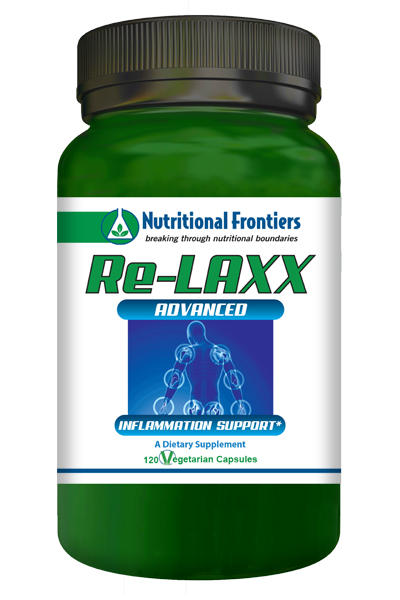
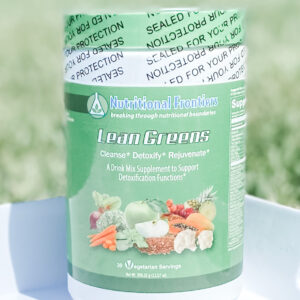
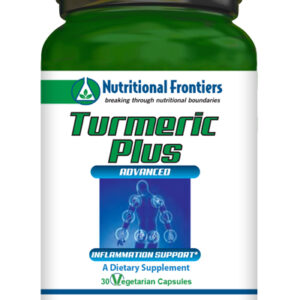
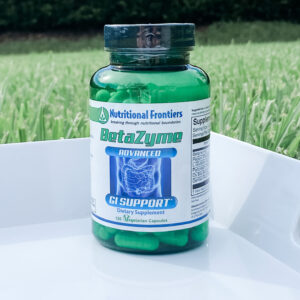
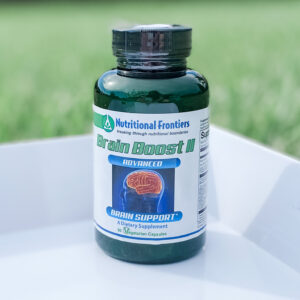
Reviews
There are no reviews yet.